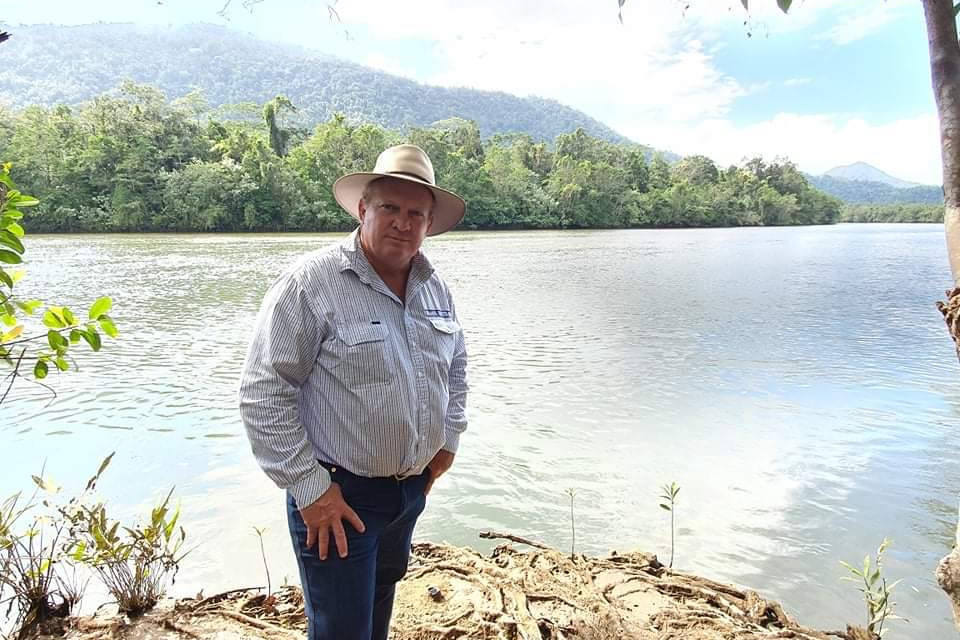General News
27 August, 2021
Changes to Crocodile Management Plan a must
State Member for Hill Shane Knuth has today announced he will be submitting a revised Safer Waterways Bill on behalf of the KAP to address shortfalls in the current management program to meet community expectations.

Mr Knuth was critical of the State Governments recently released Queensland Estuarine Crocodile Monitoring Program report, stating the report was long on rhetoric but short on detail.
"The State Government are good at throwing out numbers that might impress those who don’t live in crocodile country, but certainly wouldn’t pass the pub test in North Queensland,” Mr Knuth said.
Mr Knuth pointed out $5.8million was allocated over five years ago to complete what was supposed to be a comprehensive monitoring program to study crocodile populations, yet the end result was a short, glossy, 8-page report with an estimation only of crocodile numbers in waterways in North Queensland.
"If I was a business and gave $5.8million to a company who took five years to produce an 8-page report with a broad estimate I would be pretty angry and demand my money back," Knuth said.
He said it appeared it had been put together in a hurry after the KAP constantly questioned where the report was.
"All of a sudden, a glossy report is delivered on the run that makes what I can only call assumptions, that are in direct conflict to feedback on what is actually happening on the ground in communities, particularly in Far North Queensland,” Mr Knuth said.
“Ask any fisherman, who is on the water everyday how many crocs he can count every kilometre.
“It’s a hell of a lot more than the estimated 1.2 crocs per km, in the Cairns region, as the report states. Again, reality and assumptions are vastly different."
On the Department of Environment and Protection website, in 2010 there were 176 unconfirmed crocodile sightings and in 2019 there were a total of 721 reported sightings. An increase of 400 per cent in nine years.
Five years on from the initial announcement, Mr Knuth said he hadn't seen any evidence the $5.8million had made any difference to the problem, employed more rangers, or directly addressed the concerns of landowners and tourism operators in Far North Queensland.
"The report states 56 boat and 14 helicopter surveys were conducted over three years. That equates to 18 boat and less than five helicopter trips annually. I would hardly call that comprehensive or a valid use of $5.8million of taxpayers money,” he said.
“I will be writing to the Minister to provide the research data behind the glossy report.”The Hill MP said it was a ridiculous waste of five years and $5.8million which could have been used to employ more indigenous rangers to remove crocs from populated waterways, establish a Queensland Crocodile Authority in Cairns and establish an egg harvesting program.
People in North Queensland are sick and tired of hearing when crocodiles are reported in populated waterways that the department will "monitor" the croc to see if it presents any danger.
Any crocodile, in any populated waterway is dangerous and should be immediately removed.
When Mr Knuth first introduced his Safter Waterways Bill into Parliament in 2018 it was voted down by both LNP and ALP and they had still not offered a solution to the problem.
“I have been provided information from fishermen that at night they can see up to 17 crocs within one kilometre in the Russell River,” Mr Knuth said.
“The government needs to step up and do something.
“The revised KAP Safer Waterways Bill will address the shortfalls in the current management program.
“We would expect both major parties to support the bill to protect human life and the tourism industry in the Far North which is already reeling from COVID.”


